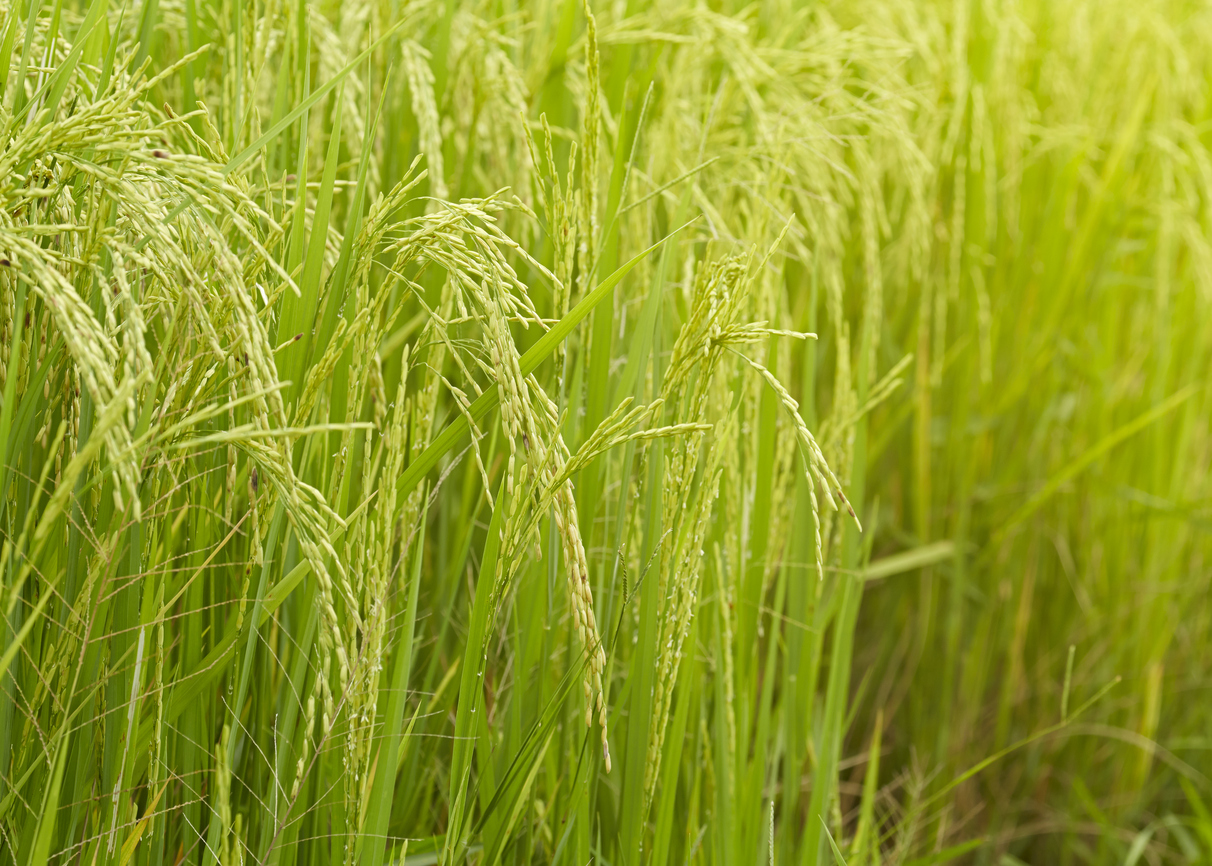2023/11/20
Comprehensive Political Discussion on Food Security Needed from a Long-Term Perspective

On October 13, the Japanese national government held the fifth meeting of the “Headquarters on Measures to Secure Stable Supply of Food and Strengthen the Agriculture, Forestry, and Fisheries Industries” and finalized the emergency response package for measures to secure a stable supply of food. The four pillars of the package are export promotion, greening, smart food, and strengthening food security, which will be reflected in the economic measures to be finalized by the end of October. Also, the “Food Security Reinforcement Policy Framework” will be revised around the end of the year.
This framework was released at the end of last year for the purpose of “strengthening food security by breaking away from excessive dependence on imports and enhancing domestic supply capability.” Following measures were set forth together with numerical targets: shift of production materials to domestically produced alternatives; reduction of the use of chemical fertilizers; enhancement of domestic production bases for wheat, soybeans, etc.; expansion of the use of rice flour; turning agriculture into a growing industry utilizing ICT; export promotion; and reduction of food loss and waste; etc. It was also clearly stated that, in order to achieve these goals, “Appropriate price formation is required, and public understanding must be gained.”
The rapid aging and decline in the number of core persons mainly engaged in farming have certainly accelerated the weakening of the production bases. Agricultural land in Japan has decreased by 30% from its peak around 1960. Also, planted areas are less than 50% now. It is necessary to stably secure a sufficient number of farmers and to improve productivity to maintain and strengthen the domestic supply of food. To achieve these goals, the agriculture industry needs to become a “profitable industry.” The problem in the industry is not only a matter of food but also that of the national land itself and the economic system. This is truly an urgent and important issue.
As mentioned above, even though the problem of food security is a pressing issue to be addressed quickly, it is also a structural issue that is on a different level from economic measures focusing on the “increased cost of living” caused by the weak yen and high resource prices. Hence, it should not be treated as part of a “supplementary budget” to temporarily respond to unexpected emergencies such as disasters. I hope that the government will deliberate the issue within the national regular budget based on the verification of the effects of the enormous fiscal expenditure on agriculture that has been invested so far. “Appropriate price formation is required, and public understanding must be gained.,” which was stated in the policy framework and the emergency response package, implies “cost pass-through” accompanied by the strengthening of food security, namely, a “price increase” due to the shift to domestic production. This is essentially contrary to measures to respond to rising prices as an emergency action.
This Week’s Focus, October 20
Takashi Mizukoshi, the President